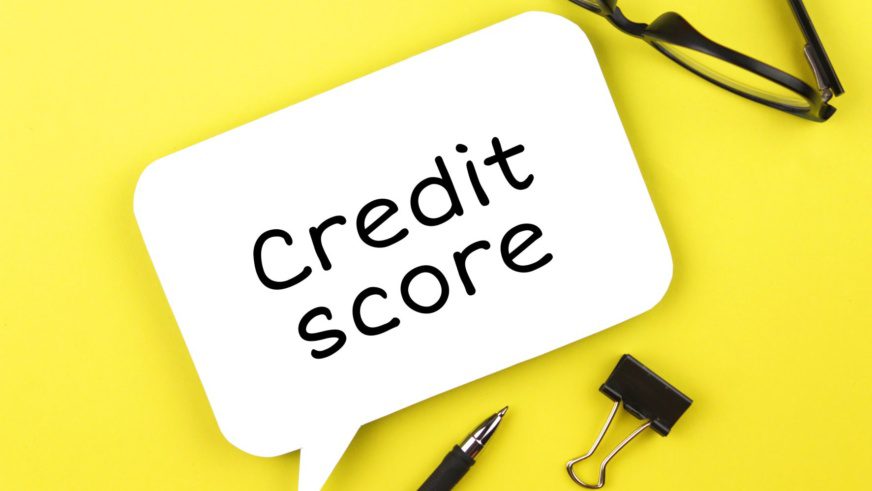
Are you looking to buy a house, but worried that your credit score might not be high enough? You’re not alone. In this blog post, we’ll explore what the lowest credit score you can have to buy a house is, and how you can improve your chances of getting approved for a mortgage. Your credit score is one of the most important factor in getting approved for a mortgage. Lenders use your credit score to determine whether or not you’re a good candidate for a loan. The higher your score, the better your chances of getting approved.
So, what is the lowest credit score you can have to buy a house? The answer is 580. A credit score of 580 is considered “fair” by most lending standards. If your score is below 580, you may still be able to get approved for a loan, but you may have to put down a larger down payment or pay a higher interest rate. If you’re worried about your credit score
Lowest credit score levels.
What is the lowest credit score you can have to buy a house? The answer may surprise you – it’s not as low as you might think.
There are a number of factors that go into determining your credit score, and the minimum requirements can vary depending on the lender. However, in general, the lowest credit score you can have to buy a house is 580.
If your credit score is below 580, you may still be able to qualify for a mortgage, but you will likely need to put down a larger down payment. In some cases, you may be able to qualify for an FHA loan with a credit score as low as 500.
Whatever your credit score, it’s important to remember that your goal should be to improve your score as much as possible before you apply for a mortgage. The higher your credit score, the lower your interest rate and the more options you’ll have when it comes to choosing a lender.
Mortgage lenders look at more than just your score.
When it comes to applying for a mortgage, your credit score is just one factor that lenders will consider. In fact, most lenders will also look at other factors such as your employment history, income and debts when making a decision on whether or not to grant you a loan.
That said, having a low credit score can make it more difficult to qualify for a loan, and you may end up paying a higher interest rate if you are approved. So, what is the lowest credit score you can have to buy a house?
While there is no hard and fast rule, most lenders will typically approve borrowers with a credit score of 580 or above. However, there are some programs that allow borrowers with a lower score to qualify.
If you’re thinking of buying a house and your credit score is on the lower end, reach out to a mortgage lender to see what options are available to you.
Other factors that affect mortgage eligibility.
Your credit score is one important factor that lenders will consider when you’re applying for a mortgage. But it’s not the only factor. Other things that can affect your mortgage eligibility include your income, employment history, and your debt-to-income ratio.
If you’re applying for a mortgage with bad credit, there are a few things you can do to improve your chances of getting approved. First, you can try to raise your credit score by paying down your debts and making on-time payments. You can also try to get a co-signer with good credit to help you qualify for a loan. Finally, you can look for lenders that specialize in bad credit mortgages.
Ways to improve your credit score.
Your credit score is one of the most important factors in determining whether or not you can buy a house. If your credit score is too low, you may not be able to get a loan or you may have to pay a higher interest rate. There are a few ways you can improve your credit score, including paying your bills on time, maintaining a good credit history, and using a credit monitoring service.
The bottom line.
The bottom line is that the lowest credit score you can have to buy a house is a 580. However, this is not the only factor that lenders will look at when considering your application for a mortgage. Other factors that will be considered include your employment history, income, debts, and other financial obligations.




